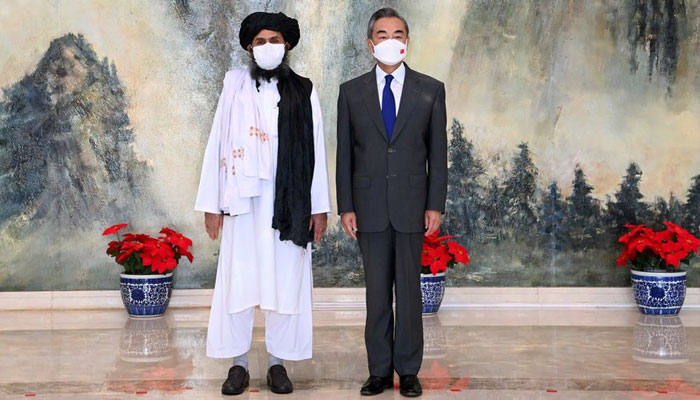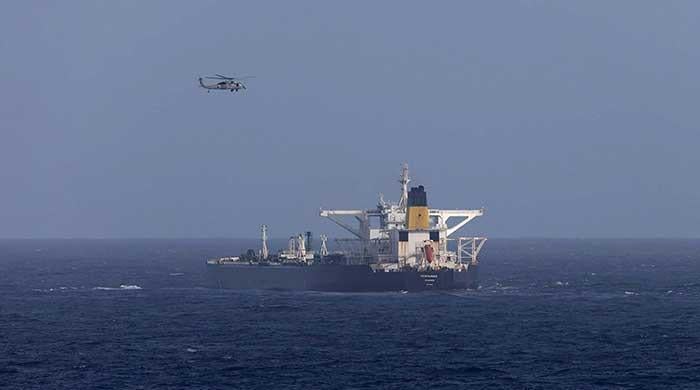Afghanistan eyes Belt and Road Initiative as Taliban accept China summit invite
Belt and Road Forum represents one of the highest-profile summits to which Taliban have been invited
October 14, 2023

The Taliban has confirmed its participation in China's Belt and Road Forum next week, highlighting the increasing official relations between Beijing and the Afghan administration, despite the lack of formal recognition by any government.
While Taliban officials have attended regional meetings in the past, mainly those focused on Afghanistan, the Belt and Road Forum represents one of the highest-profile multilateral summits to which they have been invited.
The forum, taking place in Beijing on Tuesday and Wednesday, commemorates the 10th anniversary of President Xi Jinping's ambitious global infrastructure and energy initiative, aimed at reviving the ancient Silk Road to enhance global trade.
Haji Nooruddin Azizi, the Taliban's acting minister for commerce and industry, is set to travel to Beijing for the event. According to ministry spokesman Akhundzada Abdul Salam Jawad, he will attend the forum and invite large investors to consider opportunities in Afghanistan, which holds significant untapped mineral resources.
China has been in discussions with the Taliban about potential projects, including a substantial copper mine in eastern Afghanistan that was initiated under the previous foreign-backed government. Azizi will also engage in discussions regarding the construction of a road through the Wakhan corridor, a mountainous region in northern Afghanistan, to establish direct access to China.
In May, officials from China, the Taliban, and neighbouring Pakistan expressed their interest in extending the Belt and Road Initiative to include Afghanistan and extending the China-Pakistan Economic Corridor across the border into Afghanistan.
The Taliban has not received formal recognition from any government since taking control of Afghanistan two years ago as foreign forces, including the United States, withdrew. Concerns over restrictions on women's rights and the limitations placed on female NGO staff have hindered recognition, particularly from Western countries.
China has increased its engagement with the Taliban, appointing an ambassador to Kabul, making it the first country to do so since the Taliban took power. Beijing has also invested in mining projects in Afghanistan, underlining its commitment to fostering relations with the new Afghan administration. In contrast, other nations have either retained their previous ambassadors or appointed heads of mission in a charge d'affaires capacity, avoiding the formal presentation of credentials to the government.









